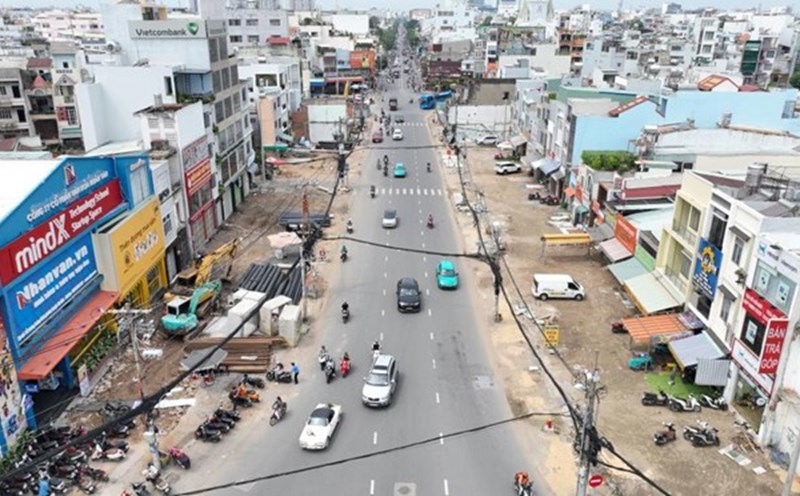On the occasion of the 100th anniversary of Vietnam Revolutionary Press Day (June 21,25 - June 21, 2025), the Truth National Political Publishing House in collaboration with the Vietnam Press Museum organized the compilation and publishing of the book "100 stories of the profession". The book brings realistic and touching slices of journalism - a noble profession.
Always accompanying the history of the nation, from the battlefield to daily life, journalists are not only reporters, but also witnesses, those who keep the passionate fire and convey revolutionary ideals with their own pen and dedication.
Each story in the book is both familiar and profound, showing that journalists not only work, but also fight, sacrifice, and preserve professional ethics. Through that, readers feel the passion and bravery of generations of revolutionary journalists, along with the silent beauty of the pen names that always fight for truth and justice.
The book collects many typical and highly symbolic professional stories. "From the rose building to the revolutionary press house" recounted the journey of laying the foundation for the Vietnamese revolutionary press of Thanh Nien newspaper associated with the name of leader Nguyen Ai Quoc. Learning journalism from the lives and working class affirms that revolutionary journalism must be closely linked to reality, the people are the center of creativity.
Some stories that made a strong impression on journalists Truong Chinh and Xuan Thuy such as "The incident of losing the clay paper box", "Making a newspaper on a bamboo stretcher" ... "The story behind the photo of two soldiers" by journalist Chu Chi Thanh - a testament to the power of reconciliation through images.
In addition, To make each journalist truly a secretary of the times by journalist Ha Dang opens up reflection on the role and social orientation of journalism in the renovation period; The story of the famous phrase Bright eyes, inner heart, beautiful pen by journalist Huu Tho sets sustainable career standards. "From a soldier who likes to write newspapers to a teacher in the newspaper village" is a true account of journalist Ta Ngoc Tan's personal passion for journalism training.
The book is not only the story of each person, but also a vivid memory of press agencies - "milestones" associated with each historical period. From the journey to build Nhan Dan Newspaper - the mouthpiece of the Party Central Committee, to the process of forming the News Agency (VNA) under urgent and stressful conditions. Saigon Giai Phong Newspaper, born right after the country's reunification, carries great responsibility in ideological work in a once cut off land.
It is impossible not to mention other types of media such as radio, television, documentary films - with the first reports from the Voice of Vietnam, the first broadcast frames of Vietnam Television, or footage made by the Central Documentary and Science Film Studio - all of which contribute to creating a comprehensive and lively face of revolutionary journalism.
With a simple expression, familiar language and rich emotions, the book is not only for those in the profession but also a valuable document for readers who love journalism, research and communication, or simply those who want to understand more deeply about a profession that is always associated with the fate of the country.
100 jobs is a message that writing for newspapers is not just a job, but a mission. Each page of the book is a statement of gratitude, a memory of the journalism profession preserved in words and also a flame that continues to guide young writers to firmly step on the journey of becoming journalists for the people and the country.











